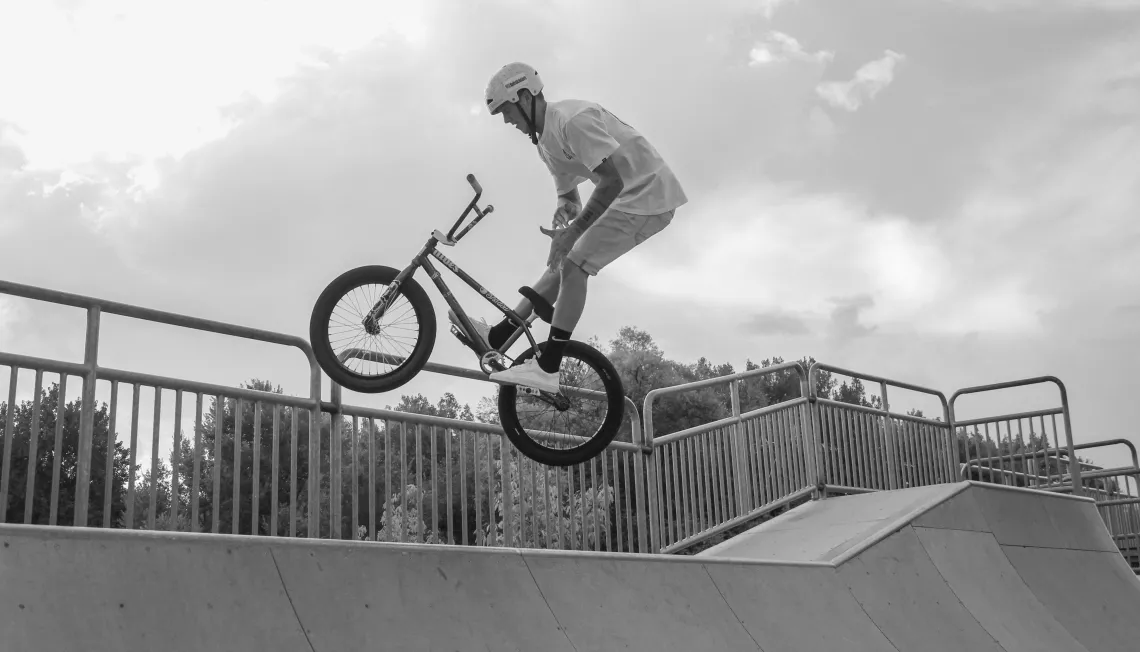We spoke with police officer Paul Jukes about this innovative scheme that aims to provide early intervention support to young people in Cheshire.
Initially, there had been an Integrated Offender Management scheme (IOM) for adults and young offenders but Paul Jukes, a police officer who is seconded to the Cheshire Youth Justice Team (YJT), felt that this scheme was not helpful or constructive to young people participating in it. Paul felt that it failed them and failed to improve their situation. More generally, he believes that the system does not work for some of these young people.
After recognising these gaps, the Complex Youth Scheme was established. Its purpose was to work with people at a younger age and provide an earlier intervention to try and tackle issues before they could become embedded. It started in Warrington over three years ago but has since been rolled out across Cheshire with the most recent areas having implemented it only 18 months ago. It was rolled out countywide as it proving to be successful.
Paul acknowledged that the 16-18 year old cohort can still be “problematic” and “demanding” due to the more complex needs and higher intensity situations surrounding this age group.
Diversion
Essentially, the police lead on the project but it is multi-agency so the YJT are involved as is social housing, education and social workers. It’s a multi-agency and collaborative response to issues surrounding young people with the ultimate aim of reducing reoffending, especially young people moving into more serious crimes. The focus is also to move people away from the criminal justice system (CJS). Likewise, the scheme seeks to address and even divert people away from environments and situations that facilitate and encourage criminality. Reducing pressures on police time and resources is also central. Funding for the scheme comes from the police budget with some resources offered by other agencies.
Paul acknowledged that sometimes the police do need to be tough and punitive in their approach and that this can be needed and effective. However, he said that they are not necessarily looking to take a punitive and hard-line approach, but rather they are taking a “mentoring [approach and]…building a rapport and trust” with the young people they work with.
They offer “wrap-around support” where they’re not just tackling issues directly related to the CJS but looking into the home lives of these young people and considering their wider environments and stability. They look to get young people back into education and seeing it through whilst also monitoring them.
How the process works
Over the last few years of the scheme, Paul has worked with around 150 young people.
The young people are on the scheme for a minimum of three months, although the average time is six months. Paul meets them at least once a week. Referrals come from across the board – it could be the police but could also be from YOTs, social care workers or staff in education. It doesn’t have to necessarily be at the point of arrest – it could be those exhibiting certain behaviours or those with Community Behaviour Orders (CBO), for example. The youngest person to come through the scheme was 11 years old.
Once arrested, the young person will still go through the formal process, unless they’re engaging well with this scheme and then alternatives will be considered. Diversion away from the criminal justice system is the preferred outcome. Paul says he is, “very passionate about [the scheme] and [he] can see the benefits to young people”, as it puts “more resources into young people to prevent more adult offenders.” He notes that the constabulary in Cheshire is very supportive of the work which makes it much easier to carry out.
Other areas in the CJS that Paul has an interest in include utilising technology and electronic tagging, which could be very beneficial to police and within the CJS for things like safeguarding and monitoring. Although, he did acknowledge there are some strong arguments against their use.
He also acknowledged that there are undeniable issues surrounding age and maturity concerning young people, “there is a massive change from 17 to 18 as you are legally classified as an adult.” Support mechanisms essentially drop away quite suddenly and there is a real “struggle into adulthood.” The same provisions and mechanisms that exist to really support and look over young people “just disappear despite the fact that the individual is still not any more mature in that transition.” Paul believes that this area of maturity and age needs greater investigation and attention.
This case-study was compiled and edited by Jaskirat Mann in 2018
